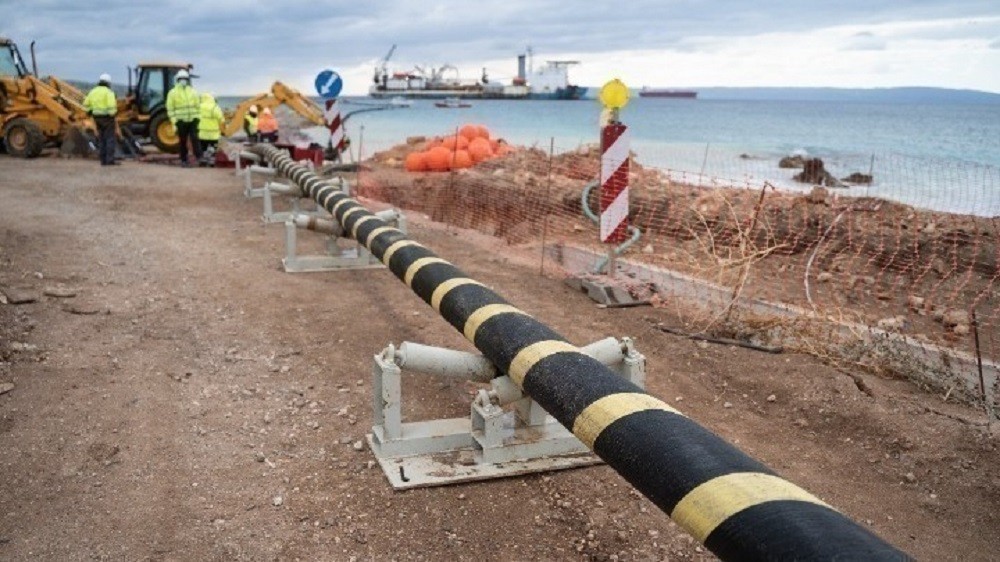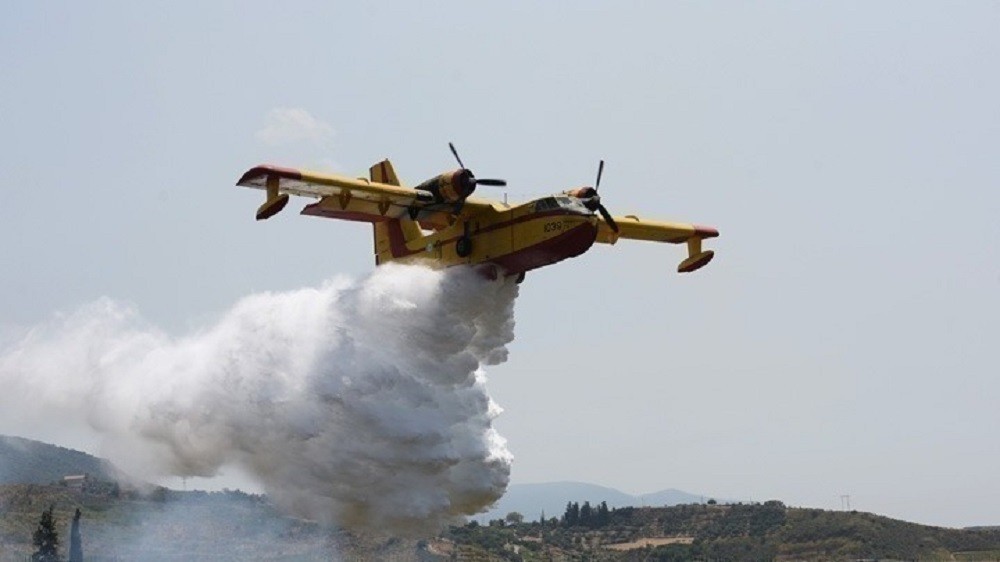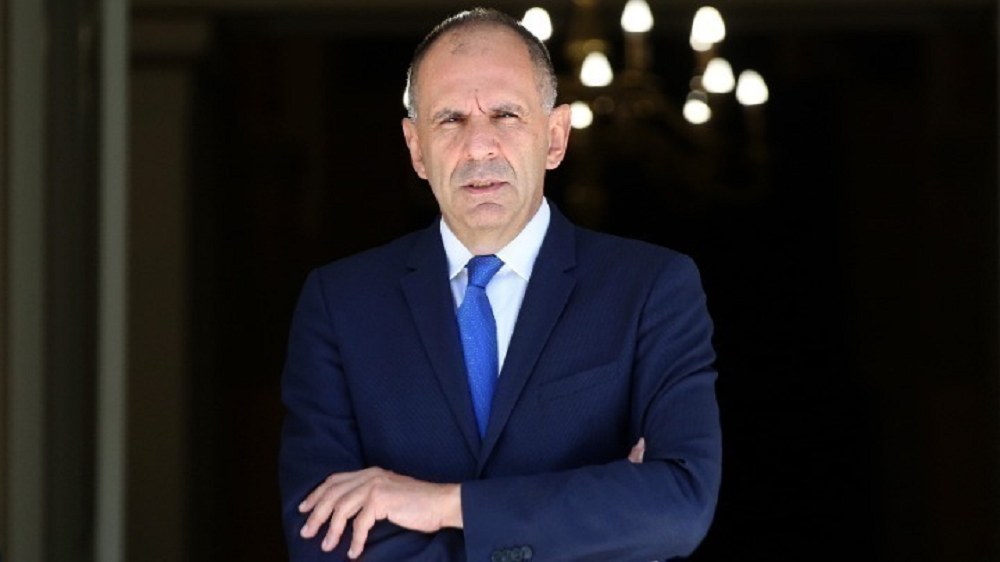
The situation of the refugees camp at Idomeni is to the limits
The refugees camp of Idomeni, at the borders between Greece and FYROM, changes shape almost every hour of the day. Less than an hour a ship docks at the port, or a train arrives at the station of Thessalonica, more people flow to every available space in the fields near the frontier.
Anyone who comes to observe the situation in the morning, in the afternoon finds a new surprise, more tents and new influx of people, arriving from every possible direction and means. Those who have not enough money, on foot through the fields and the motorway, in taxi those who can afford it.
The situation is already asphyxiating. The newcomers lack everything during those first hours of their arrival. The organizations and the authorities, which have been caught in surprise by FYROM’s decision to close the border, the only thing they can provide them immediately are blankets. All day long one can watch families carrying bundles of blankets in order to build with them a hasty structure, till they manage to orientate themselves and get the situation in hand.
“We cannot do anything to stop them. This is not a camp, till Skopje closed the border it was a passage, there were no infrastructure to host them. And they’re impatient, they won’t stay to the hot spots in Athens, or elsewhere, they prefer to wait here”, explained Vassilis, a volunteer of the Praksis, an organization of volunteers responsible for the registration and the assistance of the refugees.
Those who cannot afford the 40 euros to buy a tent, they have to sleep, wrapped in their blanket, upon the cold and humid ground. Even small children and babies…
Hosham, who before leaving the country worked as a civil engineer in Syria, leads till the closed railway line, where new tents have sprouted and people in blankets try to sleep on the wooden traverses, or near the wired fence.
“Me too”, he explained, “for five days I slept on the ground with only a blanket. Then three days ago, I decided that I could not make it and I asked a taxi driver, who made a phone call and a few minutes afterward a woman came with a tent. I paid 40 euros. You see these blue ones, all of them are bought by those who cannot wait for their number and the small tents the authorities provide when they have them.”
Hosham, like every other refugee is anxious to cross the border and reach Germany. He asked us if we have some news and show us the photos of his house, his wife and his two year old daughter he left behind, till he has the means to bring them. He gets desperate when we explain there is no progress on the issue.
“Please, pass the message. I don’t want them to play political games over me, holding me as a hostage to obtain what they want. Where is their humanity?”, asked Hosham.
But for many others even the perspective to leave in case the border opens seems to be difficult. Ali, from Iraq, show us his papers and the registration he got from the hot spot of Mytilene, where is erroneously written a different month on the birthday of his wife, making impossible for her a possible crossing elsewhere than Greece. “What could be done now? I try to explain, to fix it and I’m at a loss”, said Ali.
It is a matter of time for the sanitary situation to be out of control. The corn field attached to the wired fence at the border, was empty last Monday, but on Wednesday morning was already half full.
Every inch around the tents is progressively covered with rubbish of any kind. The air is filled with the smell of the fires people light to keep their clothes warm and dry.
Small children play in the filthy waters of a pond, three other small girls find a toy to a spiral of barbed wire and inexorably one of them cuts her hand and cries.
The containers of the examining center of the Medicines Sans Frontieres, since 06:00, are filled with people coughing, ill children that cry, adults with cuts and other wounds.
In the line for some milk, a piece of cheese-pie and pampers, people are coming in continuously. Here, one can see the increased number of refugees each day. Every one takes the meager sandwich and the small bottle of water and cherishes it as a gift, the only thing offered to him and has no price, during this journey they had to pay for everything.
Here at Idomeni the only news the outside people could get, apart from the personal tragedies, are only the reports about the new arrivals, the inflated number of those who wait to cross the border. The only news buster would be the opening of the cross point, or another uprising of the desperate refugees.
Which could also be a matter of days, as they explain to us two volunteers from Slovakia, who wait for the arrival of their prime minister on Wednesday at the border cross in order to protest against his stern opposition to accept refugees in the country. “He is a fascist”, said one of them, showing the slogans in favour of the opening of the borders and the admittance of refugees.
But even in the middle of this rubble and despair life continues. A young couple of refugees, holding hands, try to cut themselves away from the camp and make a romantic stroll towards the remote roads to the periphery of the village.
They try to be detached from all the commotion around them, people running and shouting in every direction, the mingling between the tents, the television crews and photographers discharging their vans and setting their cameras. With the music from the man’s mobile, they walk together the opposite direction every one else takes, looking straight on, ignoring everything, pacing calmly and lovingly to a transcendent vastness stressing beyond the fence.
George-Byron Davos, ANA-MPA, Idomeni

